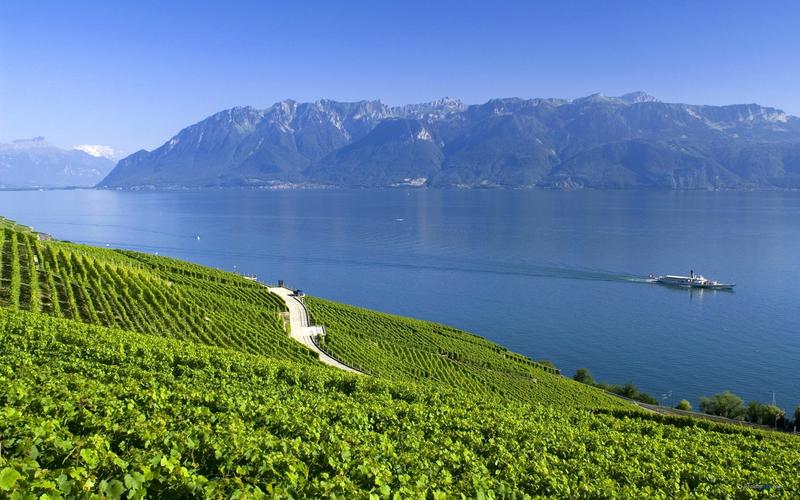Preserving traditional culture is a vital practice for maintaining the rich history and heritage of a society. In the age of globalization and technological advancements, there exists a risk of losing traditional cultures to modern ways of life. However, it’s crucial to preserve traditional culture and pass it on to the next generation.
Firstly, preserving traditional culture helps to safeguard a society’s identity. Each culture has unique customs, traditions, and beliefs that reflect its history, values, and way of life. These practices form a significant part of a society’s identity and give people a sense of belonging and community. Preserving traditional culture ensures that future generations understand and value their cultural heritage.
Secondly, traditional cultures promote diversity and encourage cultural exchange. Preserving traditional practices and celebrations helps preserve cultural diversity, and it can create an opportunity for people from different ethnicities and cultures to learn from each other. Sharing traditional arts, music, and dance that has been passed down from generations can provide an opening for intercultural exchange and integration.
Third, preserving traditional culture can foster psychological and emotional wellbeing. Traditional arts, crafts, and music have been part of human life since ancient times and have been found to have a positive impact on mental health. In many cultures, meditation, yoga, and other forms of traditional practices have been used to relieve stress and anxiety, contributing to overall mental wellbeing.
Lastly, traditional culture contributes to sustainable development. Many traditional practices are eco-friendly and low on carbon footprint, while other practices like traditional farming practices or fishing techniques use natural resources sustainably. By preserving traditional culture, it ensures that methods and techniques that are environmentally sustainable are passed on to future generations.
In conclusion, the world is changing rapidly, and traditional cultures are at risk of being lost. Thus, preserving traditional culture is important as it helps to safeguard the identity and heritage of a society, promotes cultural diversity, improves emotional and psychological health, and contributes to sustainable development. As such, it’s necessary to promote the importance of preserving traditional cultures to ensure that they are passed on to future generations.
(Note: Do you have knowledge or insights to share? Unlock new opportunities and expand your reach by joining our authors team. Click Registration to join us and share your expertise with our readers.)
Speech tips:
Please note that any statements involving politics will not be approved.
